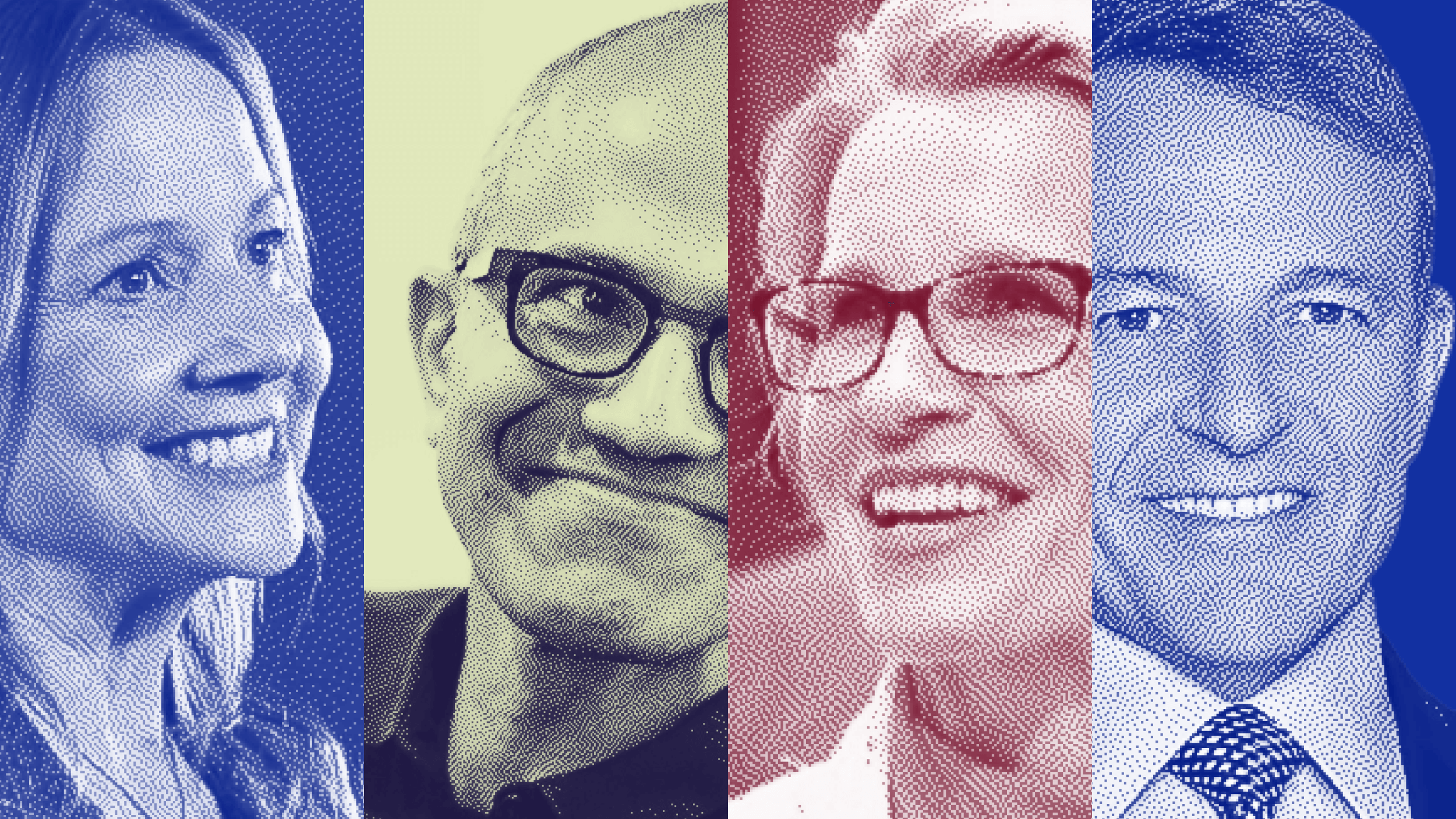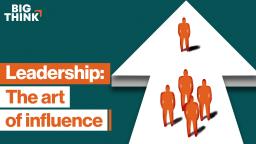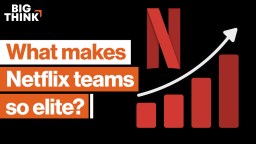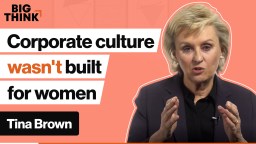SIMON SINEK: I think leadership is one of the most misunderstood responsibilities in business. Too many people confuse leadership with rank or authority. I know many people who sit at the highest levels of organizations who are not leaders. They have authority and we do as they tell us because they have authority over us but we would not follow them. True leaders understand that their responsibility is to take care of their people just like a parent. To see them grow, to see them gain skills, to put them in situations where they get to discover that they're capable of more than they thought they were capable of. This is what leaders truly are. It's not about being in charge. It's about taking care of those in our charge. When we're very junior we only have to be good at our jobs. That's pretty much it. And if you're really good at your job they'll promote you. And eventually you'll get promoted to a position where you're now responsible for the people who do the job you used to do but nobody shows us how to do that.
They gave us so much training how to do our job when we were young and then they don't give us any training how to do our job when we are put in a position of leadership. There's no CEO on the planet who's responsible for the customer, you know. It's the joke. That CEO is responsible for the people who are responsible for the people who are responsible for the people who are responsible for the customer. And that simple change of perspective dramatically changes the way in which someone makes decisions or even speaks and it has a profound impact on an organization as well.
When we hire we tend to hire by someone's resume and skill set and the past results they've had maybe our competitors and how good they are at interviewing. And let me tell you, some people are really good at interviewing. You know, we only hire passionate people I've heard people say. Well how do you know that they're passionate for the interview and not so passionate for the work, right. At the end of the day a hiring decision is like an adoption. You're going to bring a child into your family. You're going to let them into your house. You're going to give them keys to the house and maybe even give them responsibility over your other children. You probably want to do that a little carefully. So sure, you can go through the traditional read their resume so tell us about yourself. What's your biggest weakness? That kind of nonsense. But I like it when we treat it like a dating scenario. I like it when we treat it like a marriage or a relationship. In other words go out for dinner with them. Take them out for lunch. Get to know them as a human being. What kind of people are they? Do you want to hang out with them? Are they one of us? You have a culture and you want to protect that culture more than you just want the skills.
There's a wonderful story. It's a true story of a bunch of military recruiters who went to a high school. And the Army recruiter stands up and says to the kids let me tell you why you want to be in the Army with his PowerPoint on behind him. The Navy recruiter stands up with his presentation and says no, no, let me tell you why the Navy's better. The Air Force recruiter stands up and says they're both wrong. I'll tell you why you want to be in the Air Force. The Marine recruiter stands up with no PowerPoint, no presentation. He stands at the edge of the stage and he just looks around the room quietly. And then he says nope, I don't want any of you. He says you have to understand the Marine Corps is the most difficult thing you'll ever do in your entire life emotionally or physically and I don't think anyone in this room is strong enough to be in my Marine Corps. If you think I'm wrong I'm at the back of the room. So the people who came up to him were people who belonged to the Marines. He wasn't trying to appeal to everyone. He was trying to appeal to the people who had what it takes to be a Marine. And he said my Marine Corps. He's protective of the culture.
One of the things that the Marines do is they take their best Marines and they make them recruiters. If you ever meet a Marine and he says I was a recruiter, he's probably really or she's really good at what they do because that's what the Marines do. They want their best Marines to be the ones who are choosing other Marines to come join the Marine Corps. It's not seen as something that is a bottom feeder job. It's seen as an unbelievable honor to be responsible for letting people in. And I think we need to treat it with the same deference in our businesses. You are building a culture, building a family. You know think about the number of companies that say our company is like a family. Yeah? Yeah? Well treat it that way. I think we hire way too quickly.
And if you are going to hire quickly make sure that everybody at least has a six-month trial for them to test you out and you to test them out. That way you can get to know them in real time when you're doing actual work. And nothing personal at the end of the six months. Either party can say here's a job offer or not. I think everything should start as a short-term contract if you're not going to take the time to get to know them any other way.





